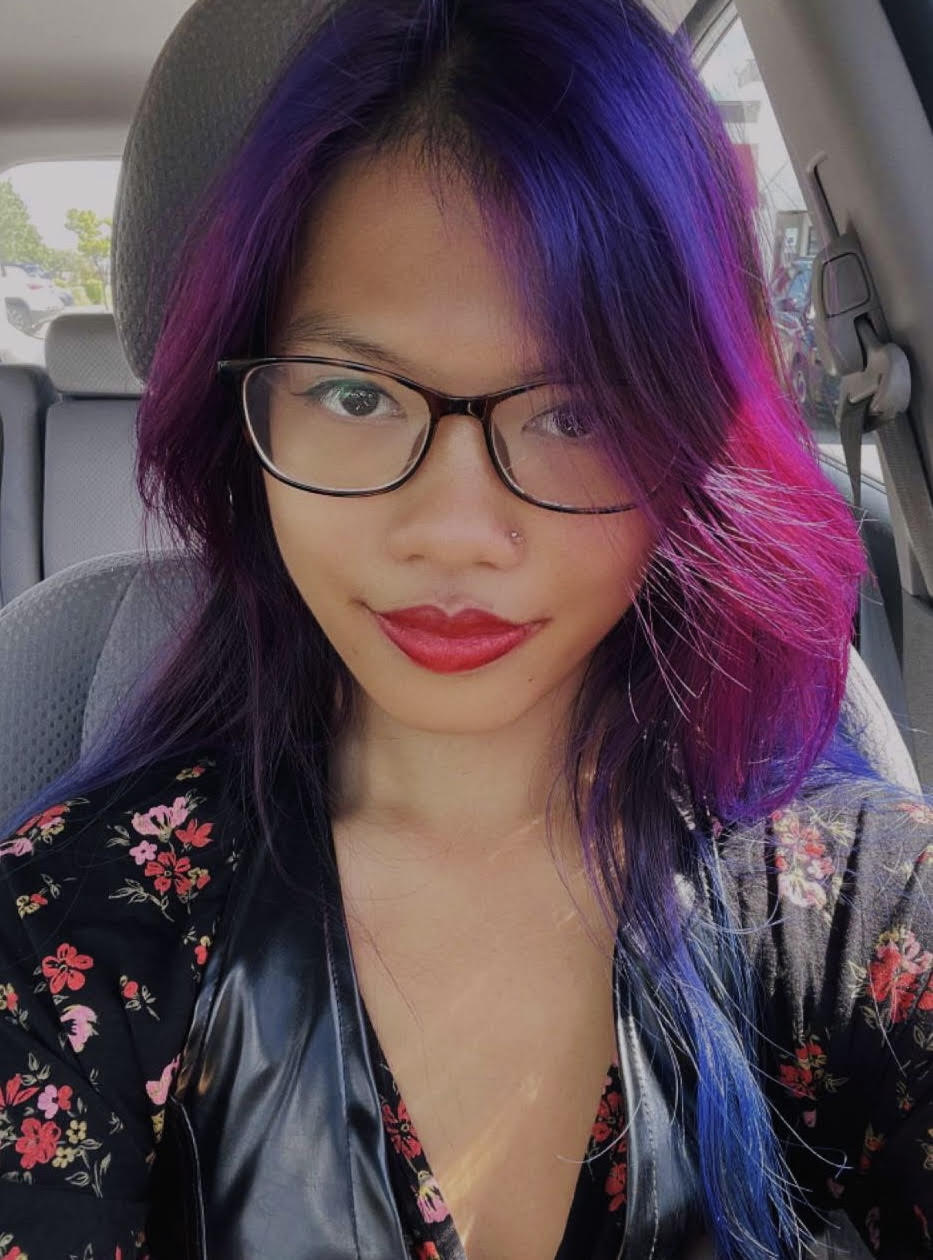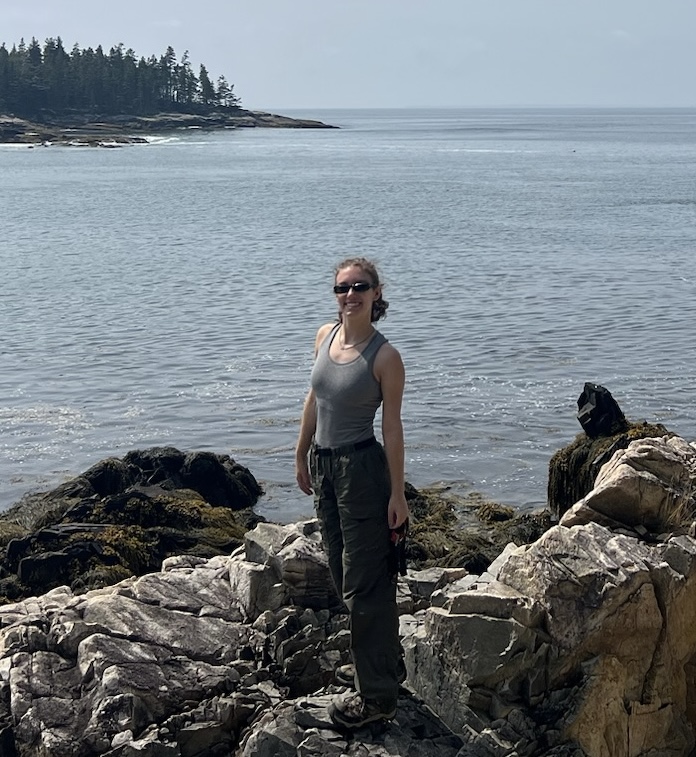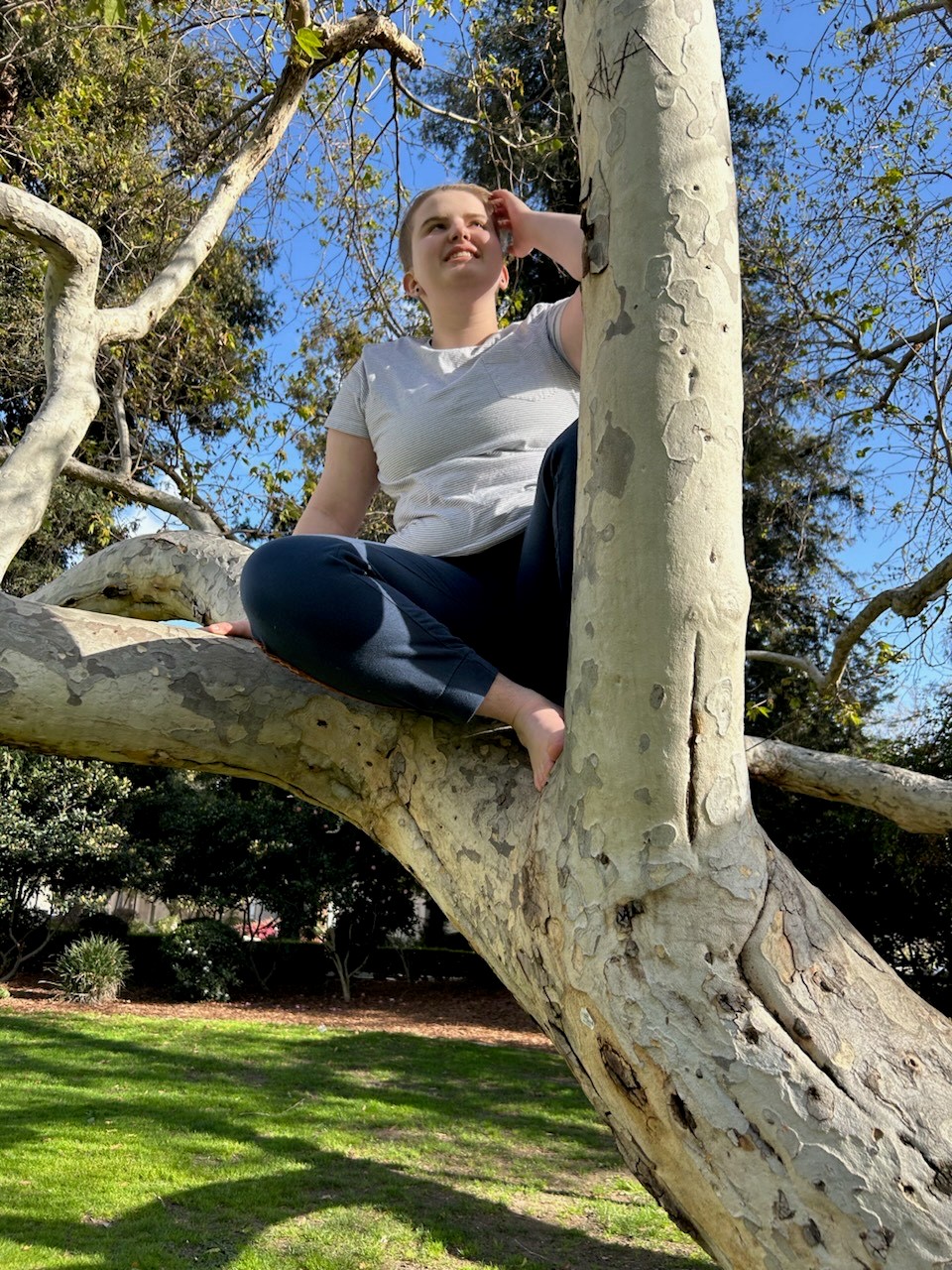Laboratory Directory
ColLAB Alumni
Former graduate students: Alyssa Schoenfeldt (BS 2021, MS 2021 Environmental Science, thesis: "The effect of roadside mowing and road traffic on bumble bee abundance and pollinating insect habitat quality in New York highway rights-of-way"); Joshua Greene (MS 2021 Environmental Science, thesis: "Examining relationships between neighborhood socioeconomic status and ecosystem services supply in Rochester")
Former research fellows: Rowan Christie (BS Bioinformatics), NTID RISE research fellow and HHMI Inclusive Excellence research fellow; Sarah Bacchus (BS 2021, Environmental Science), 2020-2021 Aberg Family Fellow in Science, Technology & Society; Seth Jones (BS 2022, Biochemistry), 2021-2022 Aberg Family Fellow in Science, Technology & Society; Hannah DeFelice (BS/MS Environmental Science), 2021-2023 NTID URISE research fellow and 2022-2023 RECIPES DHH research fellow; Ben Carnes (AS Business Studies), 2024 RECIPES DHH research fellow; Quinn Mitchell (BS/MS Psychology), 2023-2024 Aberg Family Fellow in Science, Technology & Society.
Former research assistants: Zale Piepho (BS Environmental Science), Quinn Mitchell (BS Psychology), Hannah DeFelice (BS/MS Environmental Science), Kaitlyn Catalano (BS Psychology / Sociology), Kas Claussen (BS Psychology), Lauren Walter (BS Biology), Maddie Tlachac (BS/MS Environmental Sustainability Health and Safety), Rodhy Vixamar (BS Biomedical Science), Peyton D'Anthony (BS Applied Modern Language and Culture), Angelo Viruet (BS Biology), Sarah Williams (BS Environmental Science), Crystal Mitchem (MS Secondary Education), Claire Corbasson (BS Environmental Sustainability Health & Safety), Pema Lama (BS Sociology and Anthropology), Ariella Knight (MFA Industrial Design), Angeline Hamele (BS Sociology and Anthropology / SOIS Disability Studies), Kevin Plich (BS Biomedical Engineering), Otto Wilson (BS Biomedical Engineering), Camille Caceci (BS Environmental Science), Rob Cassidy (BS/MS Environmental Science), Thomas Murphy (BS Biology), Alexandra Bros (BS Biology), August Sobolewski (BS Environmental Science), Li Chin-Drachman (BS Sociology and Anthropology), Jay Wickard (BS Biology), Jesse Pickard (BS Environmental Science), Jacob Horn (BS Biology), Madison Stringer (BS Environmental Science), Debmalya Choudhuri (MS Sustainable Engineering), Shereef Ghoneim (BS Biology), Virginia Aswad (BS Biomedical Sciences), Rachel Taylor (BS Environmental Science), Alyssa Juergens (BS Biology), Matthew Madsen (BS Mechanical Engineering), Andrew Yoder (BS Electrical Engineering).
Col(LAB)orative Values Statement
Global environmental problems necessitate a diverse group of minds, bodies, and lives coming together to imagine (and then achieve!) conserving and sustaining natural and human communities in ethical ways. My teaching and research are shaped by these professional and intellectual commitments. Additionally, my outreach and volunteer efforts are shaped by these commitments, with a focus on accessibility for learners from birth.
Creating space to be our full(er) selves
Our diversity isn’t neutral - it actively informs our work and scholarship. We are committed to listening and doing the work to welcome my collaborators and trainees into safe(r) spaces to be our full(er) selves. The SWEET collaborative collectively also strives to achieve these commitments; it’s a shared endeavor that requires responsibility to and trust in each other to welcome and cherish, not merely tolerate, our differences. Read our lab Code of Conduct here. As an advisor, Dr. Stack Whitney is committed to pluralism. Many students must codeswitch to navigate higher education, so we incorporate Tara J. Yosso’s community cultural wealth framework, to value all the experiences and parts of students’ identities that they bring to scholarship.
Addressing inequity and power in our work and teams
People first, projects second. We acknowledge and honor that making and holding space to be our full(er) selves means prioritizing people and their well-being above any deliverable or timeline. This looks like flexibility in tasks, methods, tools, timelines and more. We strive to make the physical and intellectual collaborative spaces places of inclusion for all students, where we critically engage complicated topics. This requires addressing historical structural barriers to equity, and asking students to think critically about barriers that still exist and how they inform our projects. Students are best equipped to be leaders ready to solve global environmental problems when we don’t avoid uncomfortable factors that influence their and others’ ability to do rigorous and ethical work in community. Read our lab statement on our commitment to fighting anti-Black racism and addressing intersectional oppression here.
Openness without extraction
SWEET is committed to inclusion, accessibility, and reproducibility. Yet while “openness” is now becoming more accepted in research fields as ‘best’ practice, it is not an inherently positive attribute or goal. Open data and research must not benefit some at the expense of marginalized communities, particularly nonwhite, Indigenous, and multiply-marginalized communities and their data. SWEET is committed to ongoing learning, research, and engagement in conversations on ethical open scholarship and critical open studies.
Join the SWEET Col(LAB)orative
Undergraduate students
Students of all majors and years are welcome to explore research opportunities in the lab. We welcome curious, collaborative, and enthusiastic learners and leaders - no discipline-specific experience or expertise is required! For funded projects, the lab typically offers paid opportunities for ~10-20 hours per week during semesters and winter break. During summer, the lab typically has full-time (40 hours per week) opportunities. There may be flexibility, so you’re always encouraged to reach out and ask. Students are also welcome to pursue for credit (independent study) opportunities. Dr. Stack Whitney can accept independent study students through both CLA and COS, through several different courses. However, research for credit can be a barrier to research experiences for some students, and Dr. Stack Whitney is committed to overcoming that barrier. Please contact her directly with any questions and to brainstorm other ways to work on funded research experience, if you are interested in projects beyond current funded opportunities.
Graduate students
Dr. Stack Whitney can supervise Masters students and BS/MS students through programs in CLA and COS. Please contact her directly to discuss options and opportunities for graduate work.










